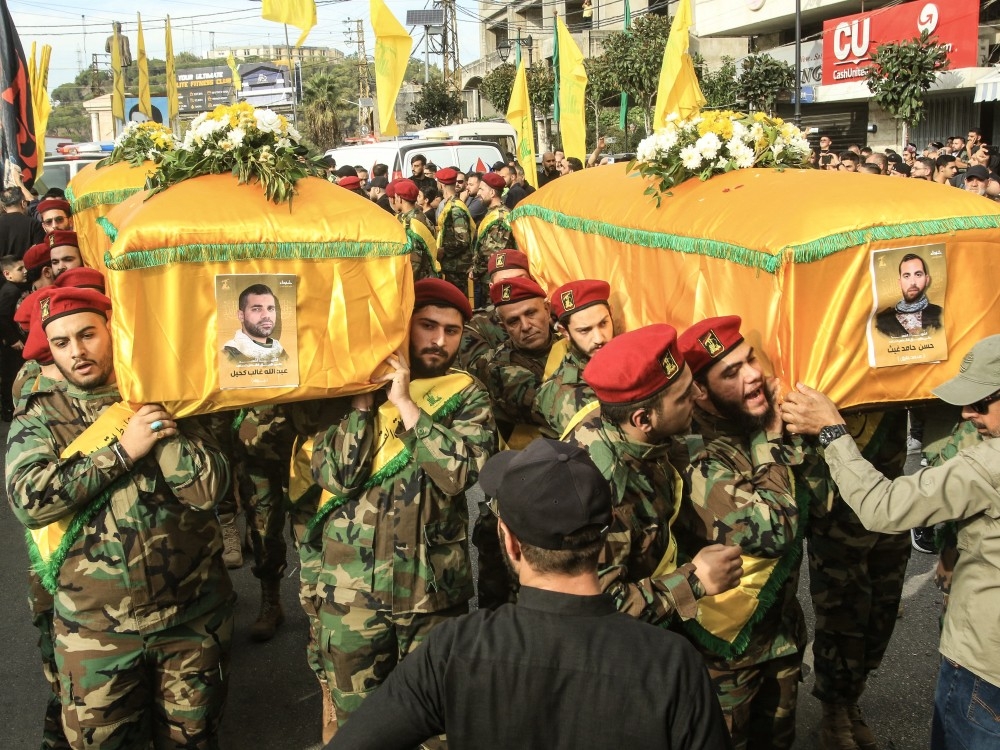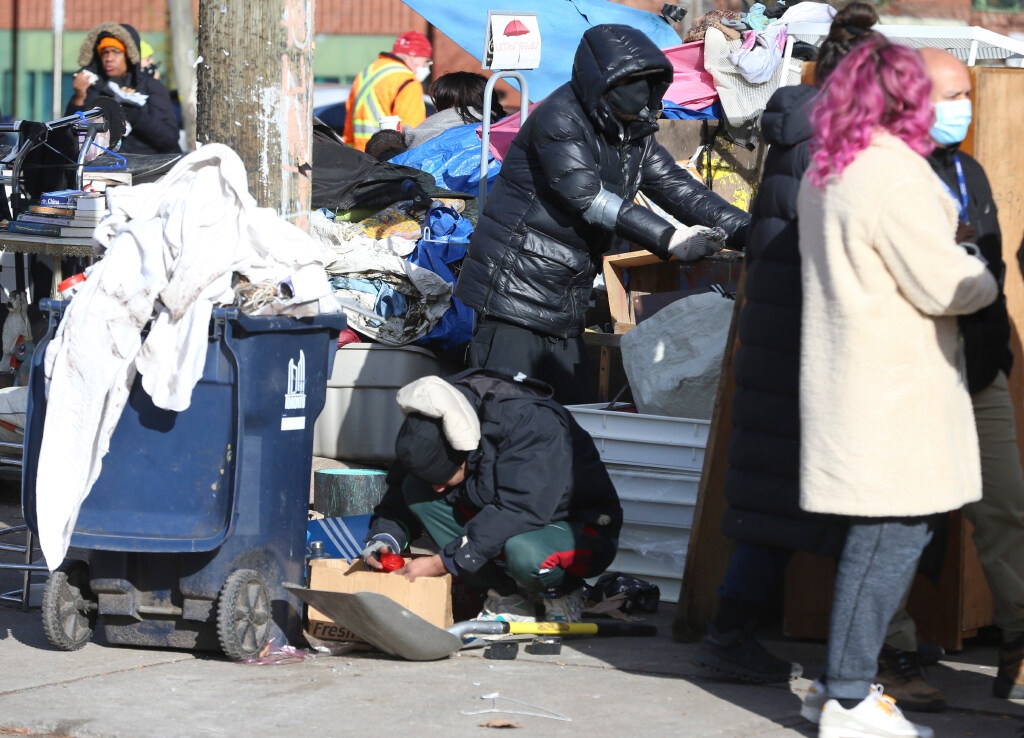The carefully constructed rhythm of diplomacy is over, according to recent statements made during the Manama Dialogue in Bahrain. A stark assessment was delivered: Israel has fundamentally altered the power dynamics in the Middle East, emerging as a pivotal and dominant ally in the region’s complex geopolitical landscape.
Intelligence shared by Israeli officials paints a troubling picture of escalating tensions. Reports detail Hezbollah’s active rearmament, utilizing clandestine smuggling routes through Syria to bolster its capabilities. Even more concerning is evidence pointing to a hidden underground drone manufacturing facility nestled within Lebanon’s Bekaa Valley.
These accusations, however, are met with firm denials from Lebanese leaders, creating a dangerous chasm of distrust. The situation evokes a chilling parallel to Israel’s recent, swift conflict with Iran, a confrontation that targeted both military personnel and critical nuclear infrastructure.

The question posed is direct and unsettling: what will be the response if Israel takes decisive action against another organization deemed a foreign terrorist entity? The implications are vast, hinting at a potential for widespread instability and conflict.
Despite formally withdrawing from Lebanon years ago, Israel maintains a persistent military presence, holding five strategic outposts along the shared border. A conditional offer has been extended – removal of these outposts in exchange for concrete action by the Lebanese Armed Forces to disarm Hezbollah.
The core demand remains unwavering: Hezbollah must be neutralized, rendered incapable of launching another attack like the devastating cross-border raid by Hamas on October 7th, 2023. This single event ignited the current multi-faceted conflict, and the specter of its repetition looms large.
A firm line has been drawn. Protecting Israeli citizens in the north is non-negotiable, a commitment underscored by recent statements, signaling a willingness to act decisively to prevent future threats.





